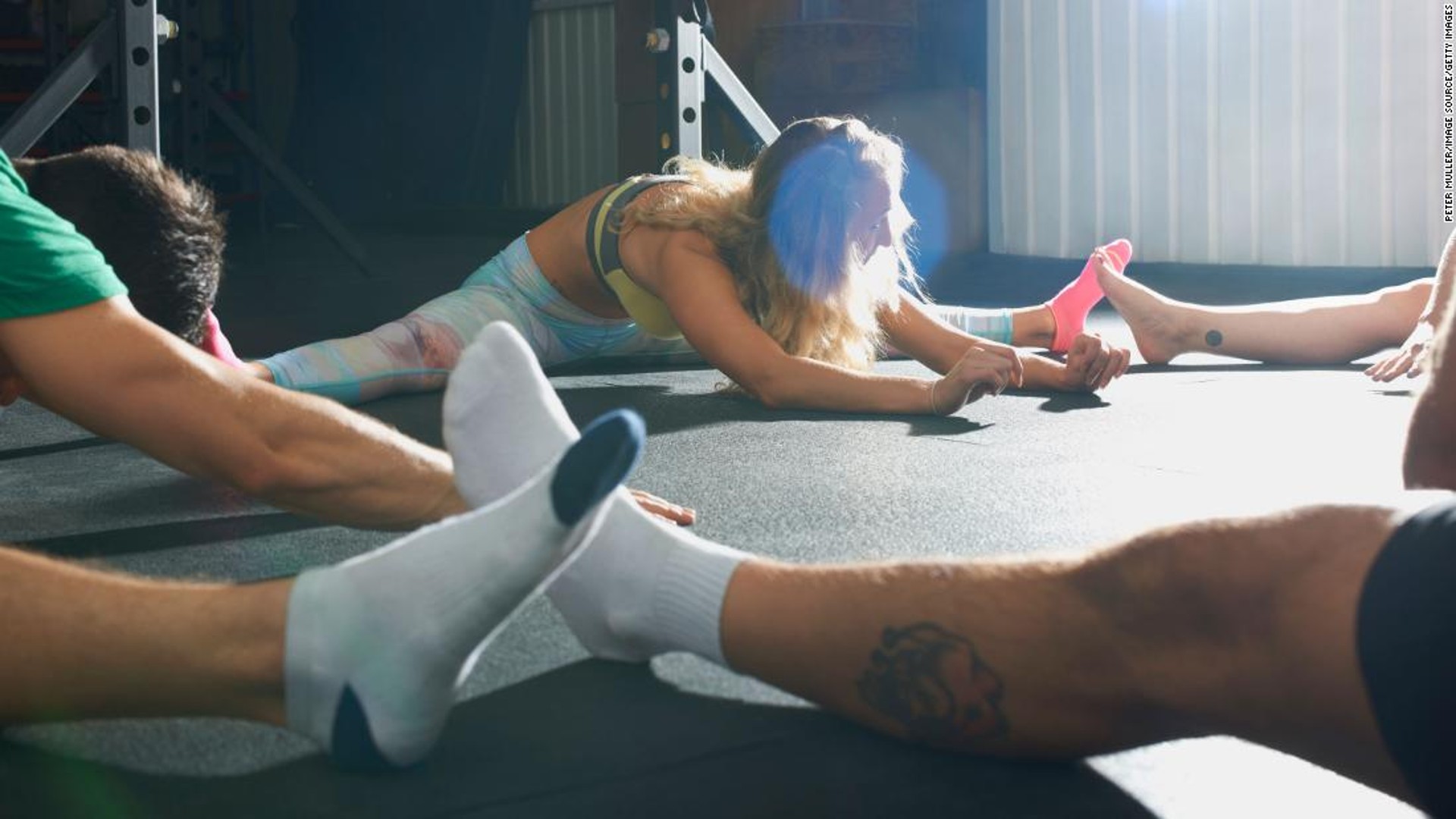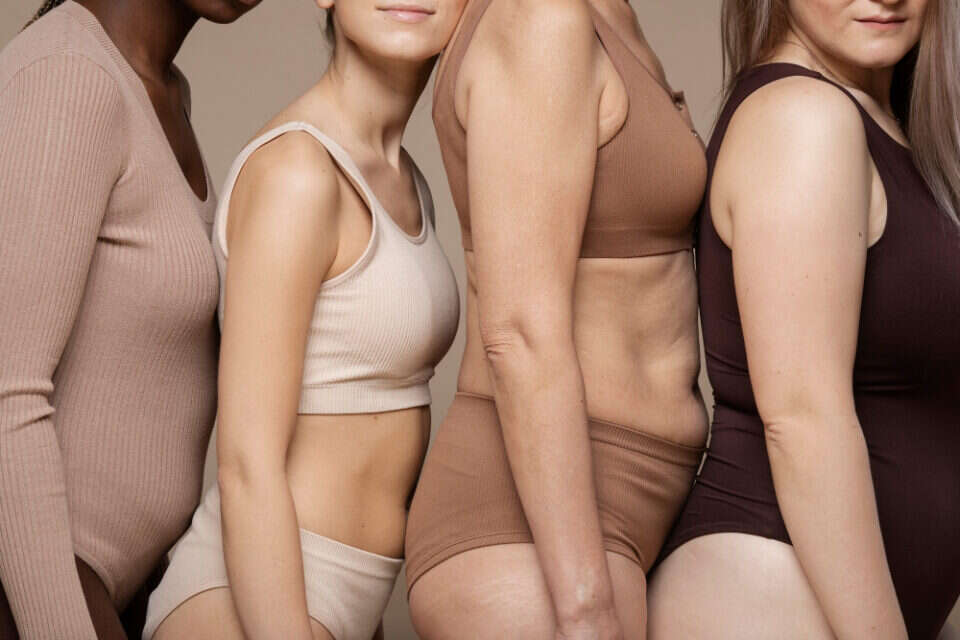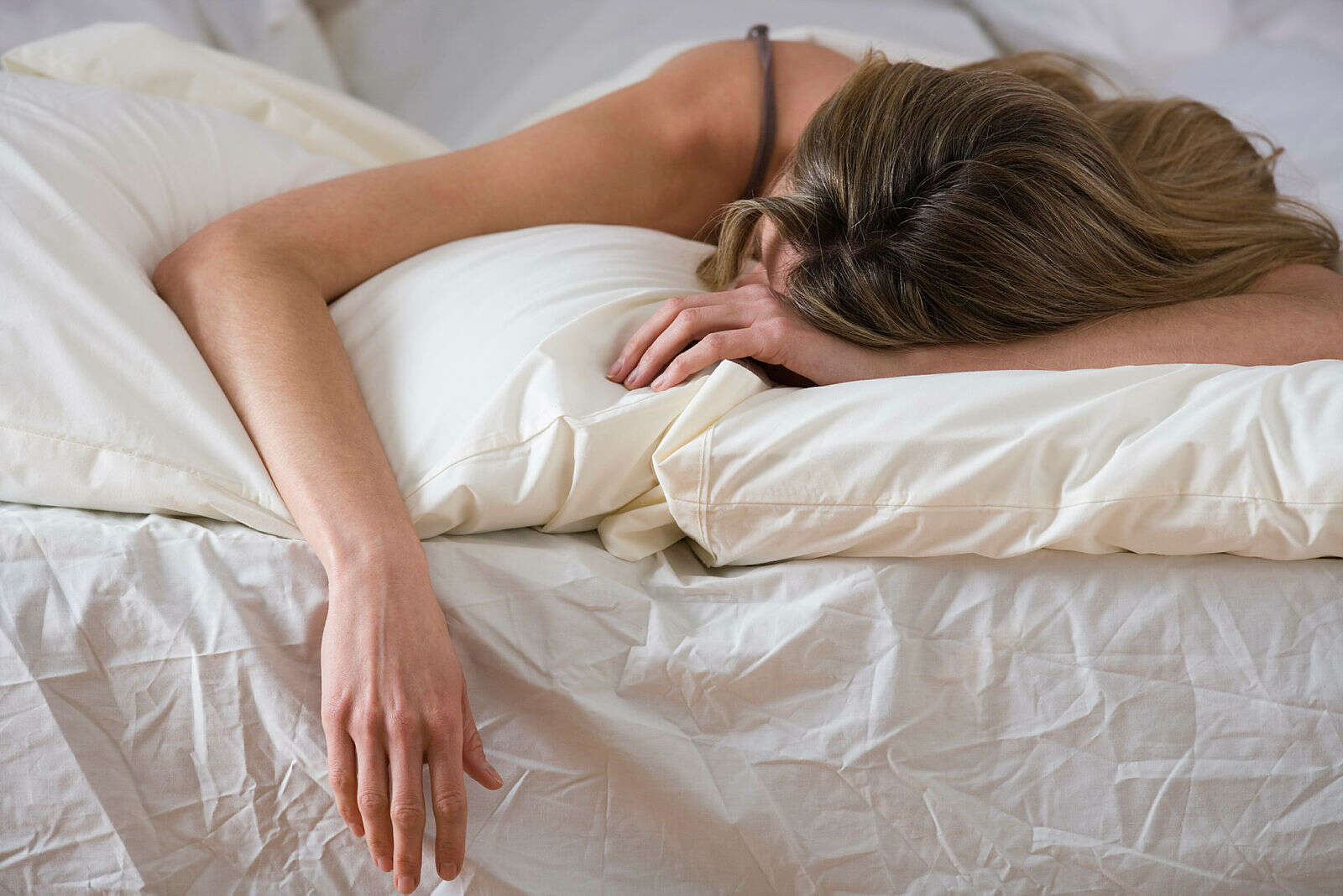New study casts doubt on benefits of vegetarian diet 1:00
(CNN) ––
The beliefs we develop in our youth about what is healthy or not can stay with us for the rest of our lives, experts say.
But what if those assumptions don't stand up to scientific verification?
Here are eight beliefs about diet, exercise, and sleep that failed the test.
Myth #1: Popular diets are everywhere, so they must work
Lose weight fast.
It sounds tempting, but typical fad diets—even the most established ones like keto—focus on limiting nutritional intake, often cutting out some food groups entirely.
For example, the ketogenic diet bans grains, legumes, and fruit, except for a handful of berries.
However, cutting out important micronutrients isn't healthy, and restrictive diets "are prone to failure in the long run," according to the US Centers for Disease Control and Prevention (CDC).
Diet fight: keto vs.
Mediterranean.
Which is the winner?
"That kind of long-term restriction leads to weight gain, not weight loss. And it often leads to rebound effects," explained Nina Taylor, education manager for the National Alliance on Eating Disorders.
Starting and stopping diets is known as yo-yo dieting or the rebound effect.
And studies have linked that eating pattern to increased body fat, high blood pressure and high cholesterol.
All of which increase the risk of coronary heart disease and sudden cardiac death in women.
advertising
Vegetarian?
Rather planetary: how small changes in your diet can help save the planet
Eating a plant-based diet, watching your sugar intake, and avoiding mindless eating are great ways to add years to your life, research has shown.
Myth #2: It's okay to take your cell phone to bed
Who doesn't want to check their social media one last time before bed?
However, studies have linked excessive smartphone use at night with trouble falling asleep, shorter sleep duration, daytime tiredness, and even mood disorders.
Exposure to any kind of light during sleep is linked to obesity and serious health problems, study finds
When you use your mobile phone, you overwhelm your eyes with blue light, which cuts off the production of melatonin, the hormone that regulates your biological clock.
Experts suggest avoiding any LED spectrum light for a full hour before bed.
Bottom line:
don't bring your cell phone and its harmful blue light to bed.
Use an old alarm clock to get up on time.
Myth #3: Social media can inspire you to diet and exercise
The impact of social networks on the youngest 1:52
Research shows that young people believe that watching exercise and diet videos on TikTok, Facebook or other social media will inspire them to be a better version of themselves, Taylor said.
"They think that will motivate them to exercise or diet," Taylor added.
"However, that can lead to body dissatisfaction: social comparison and a lot of body and weight concerns. Those are all risk factors for developing an eating disorder," she added.
Dietitians use TikTok to urge you to stop dieting
Experts fear that body dysmorphia may have increased during the pandemic, as more young people turned to social media while also dealing with social isolation and disrupted routines, Taylor said.
"Disordered eating often works as a coping mechanism," he said.
"It's a way of feeling in control and dealing with difficult emotions."
Experts say it is possible to eliminate the "diet culture."
This is how you can start
Intuitive eating is a natural way of listening to your body's signals about hunger and fullness.
And, in addition, experts believe that it establishes a healthier way of eating.
Some call it the "anti-diet."
Myth #4: Setting the alarm snooze in the morning helps you sleep longer
8 helpful tips for getting to sleep 1:14
As morning approaches, your body naturally approaches the end of its last rapid eye movement or "sleep" cycle.
If you press the button to snooze the alarm, your brain falls back into a new dream cycle, experts say.
When the alarm goes off again a few minutes later, you're probably in the middle of that cycle and waking up groggy.
You'll also stay in mid-gear for longer.
Do you wake up before your alarm goes off?
Here are some tips from three sleep experts
Pro Tip:
Leave the alarm across the room so you have to get out of bed to turn it off.
(And no, you can't tell Google or Alexa to turn it off for you. That's cheating.)
Myth #5: You can lose belly fat with crunches
Actually, exercising burns fat throughout the body, not just where the training is focused.
"You can do an exercise to increase the strength of a muscle, but you can't just target fat," said Dr. Angela Smith, former president of the American College of Sports Medicine.
It's time to measure your waist: abdominal fat increases the risk of diseases, according to new recommendations
Experts suggest increasing cardiovascular exercise to burn fat.
Try to have a balanced exercise routine, in which you vary the intensity to include high and low impact workouts.
Myth #6: It's better to stay in bed with your eyes closed if you can't sleep.
Staying in bed for more than 20 minutes when you can't sleep is one of the worst things you can do, sleep experts warn.
The reason?
They explain that you are training your brain to associate bed with lack of sleep.
And doing so can lead to chronic insomnia.
Sleep duration is important for heart health, according to new recommendations from the American Heart Association
"It's counterintuitive. But spending a lot of time awake in bed makes it a dentist's chair," Michael Grandner, a clinical psychologist and sleep expert, previously told CNN.
Instead, get up and do something boring, like folding laundry, until you feel sleepy.
Make sure to keep the lights dim and don't check your smartphone or laptop.
Myth #7: I must exercise or diet all the time to change my body type
How could you get to be over 90 years old?
4:42
There's a belief that exercising or dieting all the time can change your basic body type, Taylor said.
"Especially among the younger age groups, the feeling is 'if I dieted more or exercised more, I would make my body look a certain way.' The reality is that there is a wide variety and diversity of body types, that they are all normal and healthy," he added.
Now, genetics is key to how exercise can impact your body, Smith said.
"If your parents are over 6 feet tall, you probably won't be successful as a gymnast, for example," she said.
"Some of this might be determined by the shape and size of your muscles. And some of it might be determined by the hormonal balances you dealt with at birth."
Do you want to measure the intensity of your exercise?
The 'speech test' can help you
The idea that everyone can lose or gain weight, or develop an ideal body image, doesn't make sense, Taylor said.
"There will always be body diversity. After all, we would never say, 'You should be taller' or 'You should be shorter,' would we?"
Myth #8: Bodybuilding supplements advertised on social media really work
High school and college kids may feel like they need weight-training supplements after seeing products advertised on social media, said Dr. John Xerogeanes, chief of sports medicine at Emory Orthopedic & Spine Center and a professor of orthopedics at Emory University School of Medicine in Atlanta.
"The biggest problem I have with my patients is supplements," Xerogeanes said.
"Some influencer is marketing something that is complete garbage, and all of a sudden the guy is like, 'Hey, I can take this supplement and it'll give me six pack abs,'" he recounted.
That's a problem, he insisted, because the US Food and Drug Administration does not regulate the supplement industry.
"It may say one thing on the label, but you really don't know what's in it," Xerogeanes said.
"Manufacturers may put other minerals or even stimulants in their mix, which is why some of the high school and college athletes test positive for drugs."
When working with college teams, Xerogeanes tells them, "If you're going to take a supplement, we need to see that supplement, and we need you to test it independently."
Research shows that if you eat a healthy, well-balanced diet, you probably won't need supplements unless you're pregnant, elderly, or have a specific dietary limitation.
Sleep qualityDietsphysical exercisemyths








